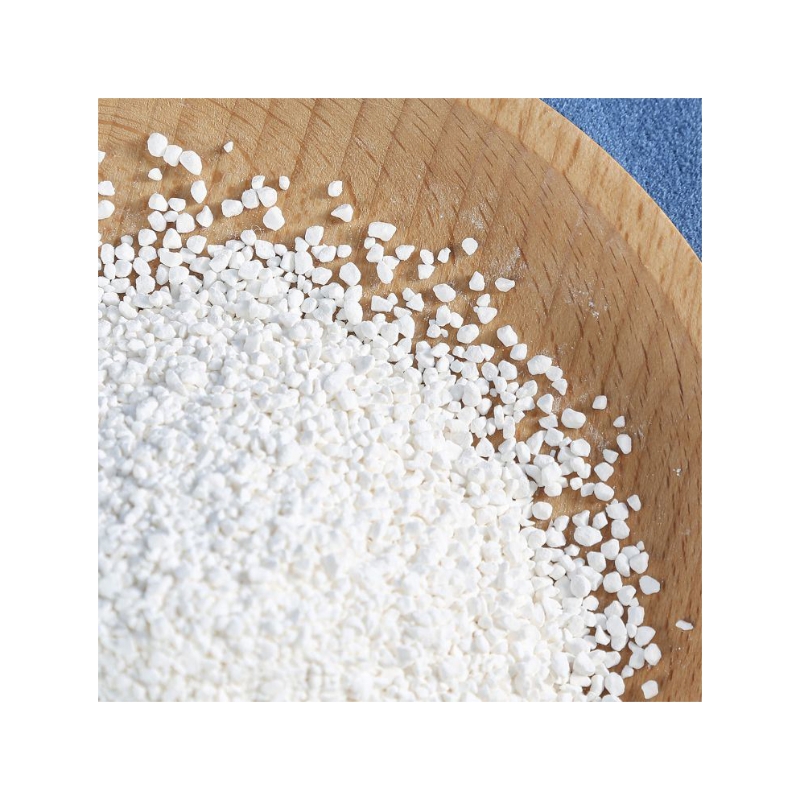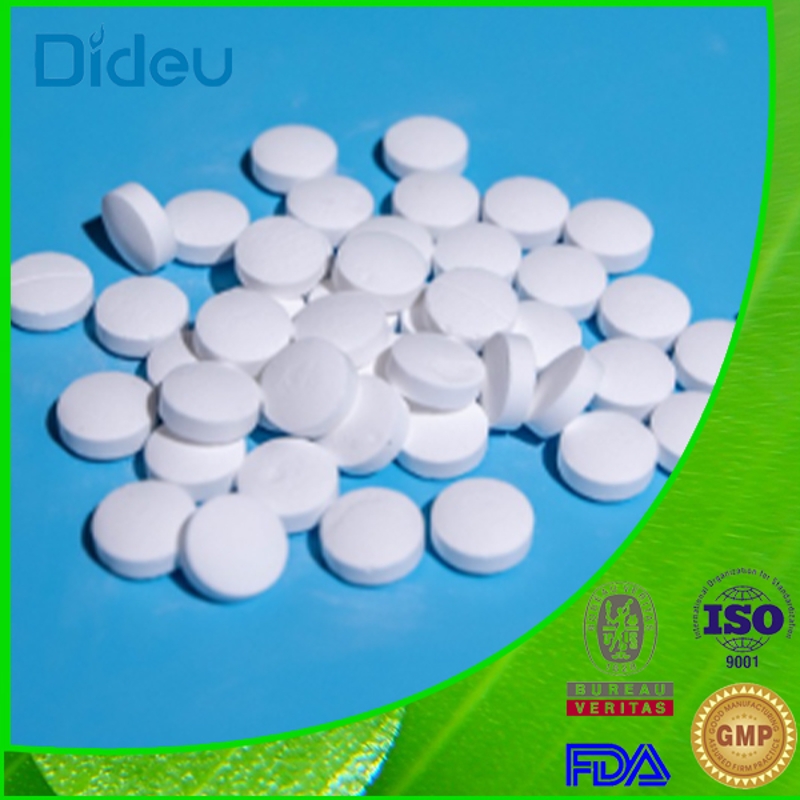-
Categories
-
Pharmaceutical Intermediates
-
Active Pharmaceutical Ingredients
-
Food Additives
- Industrial Coatings
- Agrochemicals
- Dyes and Pigments
- Surfactant
- Flavors and Fragrances
- Chemical Reagents
- Catalyst and Auxiliary
- Natural Products
- Inorganic Chemistry
-
Organic Chemistry
-
Biochemical Engineering
- Analytical Chemistry
- Cosmetic Ingredient
-
Pharmaceutical Intermediates
Promotion
ECHEMI Mall
Wholesale
Weekly Price
Exhibition
News
-
Trade Service
Editor’s note iNature is China’s largest academic official account.
It is jointly created by the doctoral team of Tsinghua University, Harvard University, Chinese Academy of Sciences and other units.
The iNature Talent Official Account is now launched, focusing on talent recruitment, academic progress, scientific research information, interested parties can Long press or scan the QR code below to follow us
.
In addition to the "first wave" of COVID-19 vaccines, iNature also has many candidate vaccines under development, whose efficacy has not yet been determined, especially vaccines from the protein subunit technology platform (which has accounted for more than 30%)
.
In addition, recombinant subunit vaccines target a wider range of people, are safer for people with relatively low immunity, the elderly and children, and are easy to store and distribute
.
Protein subunit vaccines are promising in the development of COVID-19 vaccines
.
COVID-19 vaccines from multiple manufacturers are needed to deal with the shortage of supplies
.
On July 15, 2021, Fengcai Zhu’s team from the Jiangsu Provincial Center for Disease Control and Prevention published an online publication titled “Safety and immunogenicity of a recombinant COVID-19 vaccine (Sf9 cells) in healthy population aged 18 in Signal Transduction and Targeted Therapy (IF=18.
19).
years or older: two single-center, randomised, double-blind, placebo-controlled, phase 1 and phase 2 trials" research paper, the study conducted two single-center, randomized, double-blind, placebo-controlled phase 1 And Phase 2 trials to evaluate the safety, tolerability and immunogenicity of recombinant COVID-19 vaccine (Sf9 cells) in healthy Chinese people aged 18 years or older
.
Include eligible participants, the ratio of candidate vaccine to placebo in each dose group is 3:1 (Phase 1) or 5:1 (Phase 2)
.
Starting from August 28, 2020, 168 participants will be enrolled and randomly assigned to receive low-dose vaccine, high-dose vaccine or placebo.
The timetable for the phase 1 trial is 0, 28 days or 0, 14, 28 days
.
Starting from November 18, 2020, 960 participants will be randomly assigned to receive low-dose vaccine, high-dose vaccine or placebo, with a schedule of 0, 21 days or 0, 14, 28 days in the phase 2 trial
.
The most common injection site adverse reaction within 7 days in both trials was pain
.
The most common systemic adverse reactions within 7 days are fatigue, cough, sore throat, fever and headache
.
ELISA antibodies and neutralizing antibodies increased on the 14th day, and peaked at 28 days (stage 1) or 30 days (stage 2) after the last dose of vaccination
.
At 28 or 30 days after the last vaccination, the GMT of neutralizing antibodies against live SARS-CoV-2 was the highest in the adult high-dose group (0, 14, 28 days), at 102.
9 (95% CI 61.
9-171.
2) ), which was 102.
6 (95% CI 75.
2-140.
1) in phase 1 and phase 2 trials, respectively
.
The specific T cell response peaked 14 days after the last vaccination in the phase 1 trial
.
This vaccine is safe and will cause a significant immune response after three doses of the vaccine
.
In the past 20 years, following the outbreaks of SARS-CoV and MERS-CoV, SARS-CoV-2 is the third highly pathogenic coronavirus that has appeared in humans
.
SARS-CoV-2 infection has accelerated worldwide, leading to an increase in morbidity and mortality
.
As of June 16, 2021, more than 170 million confirmed cases of COVID-19 have been reported to the World Health Organization (WHO), of which nearly 4 million have died
.
Currently, according to the World Health Organization's survey, there are more than 280 COVID-19 vaccines in development worldwide
.
Among them, 102 vaccines have been approved for clinical trials, including protein subunits (n = 32, accounting for 31%), viral vectors (n = 21, accounting for 21%), and inactivated vaccines (n = 16, accounting for 16%) , DNA or RNA vaccines (n = 26, accounting for 25%), VLP vaccines (n = 5, accounting for 5%) and live attenuated vaccines (n = 2, accounting for 2%)
.
As of now, 25 COVID-19 vaccines are in phase 3 clinical trials, and the "first wave" of 8 COVID-19 vaccines have announced preliminary results, including mRNA vaccines, non-replicating viral vector vaccines, and protein subunits.
The effectiveness of vaccines and inactivated vaccines is between 50% and 95%
.
In addition to the "first wave" of COVID-19 vaccines, there are many candidate vaccines under development, whose efficacy has not yet been determined, especially vaccines from the protein subunit technology platform (which have accounted for more than 30%)
.
In addition, recombinant subunit vaccines target a wider range of people, are safer for people with relatively low immunity, the elderly and children, and are easy to store and distribute
.
Protein subunit vaccines are promising in the development of COVID-19 vaccines
.
The recombinant COVID-19 vaccine in this study uses baculovirus as a vector to express the RBD region of the SARS-CoV-2 spike protein receptor binding domain in Sf9 cells.
This region is isolated and purified and adjuvants are added to prevent COVID-19
.
Here, the study reports the results of the first analysis 28 days (Phase 1) or 30 days (Phase 2) after full-dose vaccination to evaluate the effects of recombinant COVID-19 vaccine (Sf9 cells) in 18-year-old healthy people.
Safety and immunogenicity
.
The study conducted two single-center, randomized, double-blind, placebo-controlled phase 1 and phase 2 trials to evaluate the safety and tolerance of recombinant COVID-19 vaccine (Sf9 cells) in healthy Chinese people aged 18 years or older.
Receptivity and immunogenicity
.
Include eligible participants, the ratio of candidate vaccine to placebo in each dose group is 3:1 (Phase 1) or 5:1 (Phase 2)
.
From August 28, 2020, 168 participants will be enrolled in order and randomly assigned to receive low-dose vaccine, high-dose vaccine or placebo.
The timetable for the phase 1 trial is 0, 28 days or 0, 14, 28 days
.
Starting from November 18, 2020, 960 participants will be randomly assigned to receive low-dose vaccine, high-dose vaccine or placebo, with a schedule of 0, 21 days or 0, 14, 28 days in the phase 2 trial
.
The most common injection site adverse reaction within 7 days in both trials was pain
.
The most common systemic adverse reactions within 7 days are fatigue, cough, sore throat, fever and headache
.
ELISA antibodies and neutralizing antibodies increased on the 14th day, and peaked at 28 days (stage 1) or 30 days (stage 2) after the last dose of vaccination
.
At 28 or 30 days after the last vaccination, the GMT of neutralizing antibodies against live SARS-CoV-2 was the highest in the adult high-dose group (0, 14, 28 days), at 102.
9 (95% CI 61.
9-171.
2) ), which was 102.
6 (95% CI 75.
2-140.
1) in phase 1 and phase 2 trials, respectively
.
The specific T cell response peaked 14 days after the last vaccination in the phase 1 trial
.
This vaccine is safe and will cause a significant immune response after three doses of the vaccine
.
Reference message: https://







